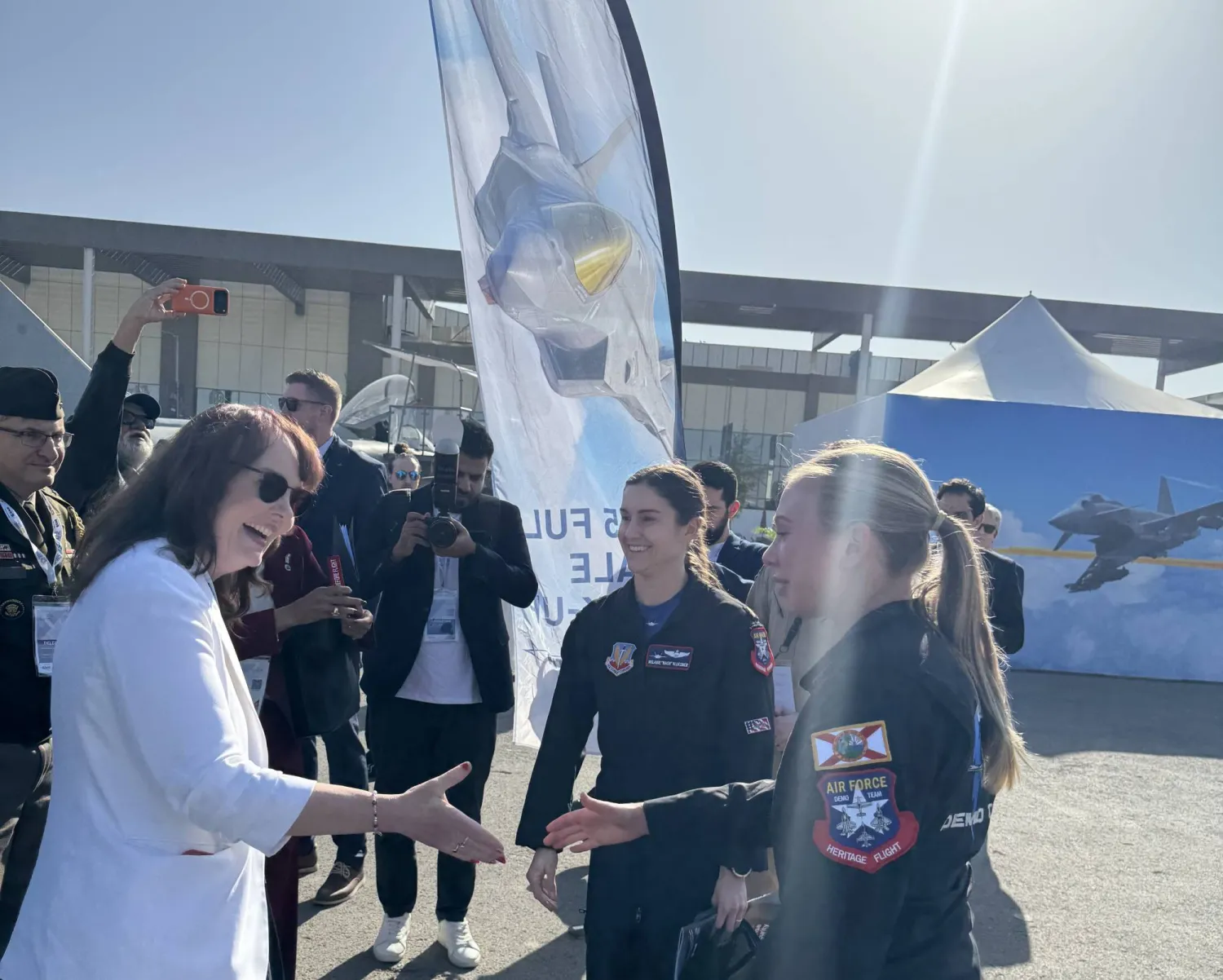The International Organization for Migration (IOM), in partnership with the King Salman Humanitarian Aid and Relief Center (KSrelief), launched a vital $2.25 million project to improve sanitation services for over 185,000 people in Maarib, including host communities and internally displaced persons.
This 12-month initiative aims to provide essential sanitation and hygiene support through enhanced facilities and strengthened local waste management capacity, fostering safer, healthier living conditions and building long-term resilience for communities heavily impacted by Yemen’s ongoing conflict.
Abdusattor Esoev, IOM’s Chief of Mission in Yemen said, “This project is a lifeline for the people of Maarib, who are facing some of Yemen’s most challenging conditions.”
He added that with hundreds of thousands struggling to access basic sanitation, this initiative provides immediate relief while laying the groundwork for lasting, community-led solutions.
“By providing critical support, we are not only meeting urgent needs but also helping communities regain a sense of dignity, safety, and stability,” Esoev said.
Largest concentration of displaced people
As the area with Yemen’s largest concentration of displaced people, Maarib has become the country’s largest host of internally displaced persons, sheltering nearly 1.6 million people who have fled conflict, insecurity, and deteriorating living conditions across the country.
Once a governorate of 350,000 people, Maarib’s population has now surged to over two million, placing an immense strain on its infrastructure and basic services.
This unprecedented magnitude of displacement has led to overcrowded displacement sites and heightened pressure on local resources, leaving many without access to adequate sanitation, clean water, and waste management systems.
Al Jufainah site alone, Yemen’s largest displacement settlement, hosts more than 73,000 people, many of whom rely on external aid to meet their most basic needs.
Coordinated Response
Recognizing the strain on local resources and the urgent need for expanded sanitation services, IOM, with KSrelief’s substantial funding, is implementing a coordinated response to address these critical needs.
Planned interventions include the construction of 200 household latrines, the rehabilitation of 600 cesspits, and the provision of essential equipment to enhance local waste management.
The project will further support Maarib’s Hygiene Improvement Fund (HIF) with the provision of garbage and vacuum trucks to strengthen waste collection and fecal sludge management, ensuring cleaner, safer environments.
By increasing local capacity and infrastructure, this initiative provides immediate relief and promotes long-term resilience and self-sufficiency for Maarib’s communities.
This partnership with KSrelief is a continuation of its sustained commitment to supporting IOM’s humanitarian efforts in Yemen, where millions face acute needs.
As the project progresses, IOM will continue working closely with local authorities to ensure the delivery of effective, sustainable sanitation and hygiene solutions that protect public health, support social stability, and offer hope to those most affected by Yemen’s ongoing crisis.









